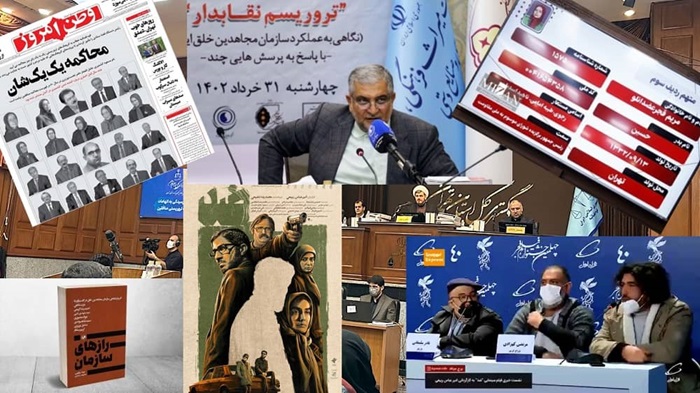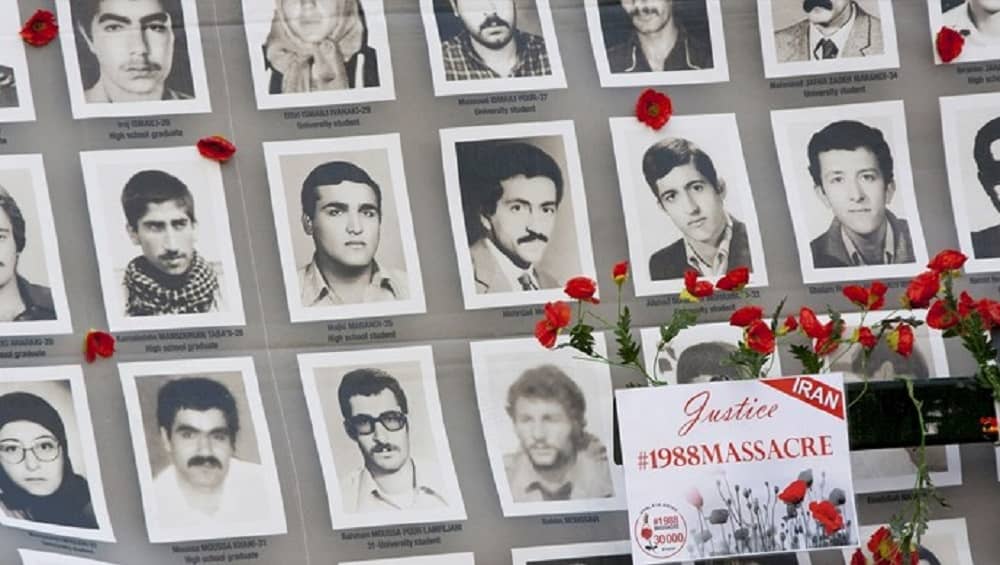

This act revives a pivotal moment in history, highlighting a deep-rooted conflict within the Iranian regime and its ongoing efforts against the People’s Mojahedin of Iran (PMOI/MEK), a group advocating for a secular, democratic Iran.
The letter’s republication serves as a grim reminder of the internal disputes that have plagued Iran’s political landscape, especially following Montazeri’s dismissal after he opposed the 1988 massacre of over 30,000 political prisoners, primarily PMOI/MEK supporters. Khomeini’s message to Montazeri was clear: his sympathies towards “liberal factions” and the PMOI/MEK disqualified him from leadership, framing this as a betrayal of the Islamic revolution.
Montazeri’s bold stance against the massacre, describing it as the Islamic Republic’s “greatest crime,” underscores the regime’s brutal tactics in quashing dissent. His criticisms did not just challenge the executions but questioned the very approach of using violence against ideological opposition, a stance that resonates with many who seek reform in Iran.

The regime’s relentless pursuit of the PMOI/MEK, including recent trials of its members and extensive propaganda efforts, raises questions about the organization’s perceived threat. Tehran’s actions—ranging from the production of films and books to cyber attacks on opposition resources—reveal a concerted effort to undermine the PMOI/MEK and its parent coalition, the National Council of Resistance of Iran (NCRI).
This systematic campaign includes strategic misinformation, utilizing a global network of media and NGOs to discredit the resistance, alongside judicial harassment in European countries. These efforts are part of a broader strategy outlined in leaked documents, including one from a meeting between the Ministry of Foreign Affairs and MOIS officials focused on countering the PMOI/MEK’s influence.
The regime’s fixation on the PMOI/MEK contradicts its narrative of the group as a marginal force, suggesting a deeper fear of its potential to mobilize public dissent. This is evident in the resilient activities of MEK Resistance Units across Iran, which continue to inspire opposition against the regime despite severe crackdowns.
The recent unauthorized access and leak of sensitive documents by the group “Ghiam ta Sarnegouni” from the Ministry of Foreign Affairs further exposes the regime’s vulnerabilities and the significance of the MEK’s ongoing resistance. The widespread defiance, including numerous acts of protest and vandalism against regime symbols, showcases a society increasingly impatient with oppressive governance.
In republishing Khomeini’s letter and intensifying its campaign against the MEK, the regime inadvertently highlights the organization’s enduring role in Iran’s struggle for freedom. This act, while meant to intimidate, instead reaffirms the MEK’s significance in the broader movement for a democratic, secular Iran, resonating with a population eager for change

MEK Iran (follow us on Twitter and Facebook), Maryam Rajavi’s on her site, Twitter & Facebook, NCRI (Twitter & Facebook), and People’s Mojahedin Organization of Iran – MEK IRAN – YouTu







